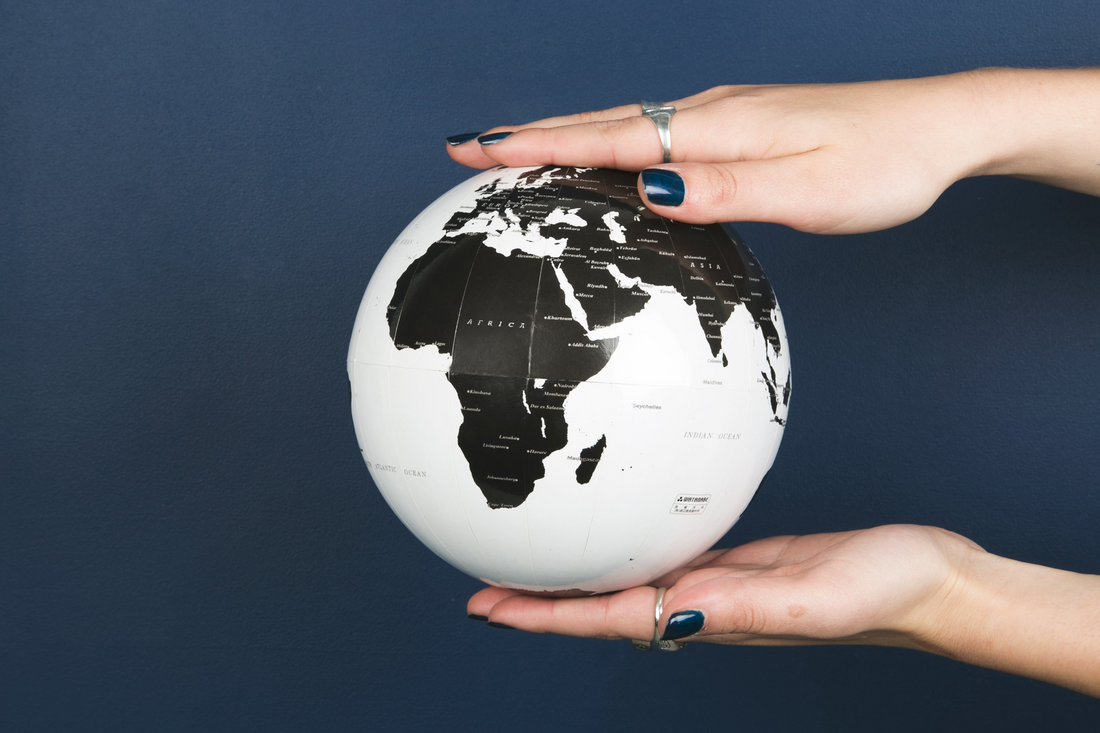
World Humanitarian Day: Honoring Those Who Turn Compassion into Action
Share
World Humanitarian Day: Honoring Those Who Turn Compassion into Action
1. The Origin of World Humanitarian Day
Every year on August 19, we commemorate an important day — World Humanitarian Day. Established by the United Nations in 2009, it honors the 22 humanitarian workers who lost their lives in the 2003 Baghdad bombing. This day serves as a reminder of the sacrifices made by individuals and organizations working tirelessly to assist others in crisis.
World Humanitarian Day is not only a time to honor professional humanitarian workers, but also a reminder that compassion must be turned into action to truly make a difference.
2. What Is "Humanitarian Spirit"?
Humanitarianism is not an abstract concept; it is deeply embedded in every action that seeks to alleviate suffering and respect the dignity of others. At its core, humanitarianism is about unconditional care, a fundamental understanding of our shared human fate. In the face of disaster, we see not just victims and helpers but the invisible bonds of human empathy.
As the UN Office for the Coordination of Humanitarian Affairs (OCHA) puts it:
"Humanitarianism is not their responsibility alone, it is our responsibility."
3. Global Humanitarian Actions
Around the world, there are countless individuals who selflessly dedicate themselves to humanitarian causes. They might be medical workers, volunteers, community leaders, social media advocates, or even ordinary citizens making extraordinary impacts.
1. Africa: Fighting for Water Access
In several regions of Africa, youth groups and volunteers have been working to provide clean water to drought-affected communities. Their efforts extend beyond just delivering water; they also educate locals on sustainable water management.
2. Syria: Medical Aid in Conflict Zones
In war-torn Syria, many international medical volunteers risk their lives to provide medical assistance to civilians affected by conflict. Their courage has saved countless lives amid dangerous conditions.
3. India: Education Support for the Poor
In rural India, young teachers and volunteers are offering free educational resources to underprivileged children. They provide not just lessons but hope for a brighter future.
These stories highlight the diverse and widespread nature of humanitarianism. Whether it's disaster relief, medical aid, education, or advocacy, each action has the power to transform lives.
4. What Can We Do for Humanitarian Action?
While countless heroes around the world are providing aid, the spirit of humanitarianism is not reserved for professionals alone. Each one of us can contribute to positive change through small acts of compassion.
1. Listen to Others' Needs
Often, the most profound help doesn’t require material donations, but the act of listening and understanding others' struggles. By empathizing with those around us, we offer not just support, but healing.
2. Engage in Volunteering
Volunteering is one of the most direct ways to make a difference. Whether it’s participating in a community cleanup, providing food to the homeless, or raising funds for disaster relief, every small act matters.
3. Advocate for Humanitarian Values
By sharing stories and raising awareness about humanitarian issues on social media or in everyday conversations, we can help others understand the importance of humanitarian work and inspire them to join the cause.
5. Conclusion: Every Act of Compassion Has the Power to Change the World
On World Humanitarian Day, we not only honor the heroes who risk their lives in crisis zones but also encourage each of us to turn compassion into action and make a positive impact on the world.
Whether you're a volunteer on the front lines or a citizen offering a warm meal to someone in need, every act of compassion has the power to change the world.
Humanitarianism is not just for the heroes; it belongs to anyone willing to help others.
On this special day, may we all become a warm force for the world.
